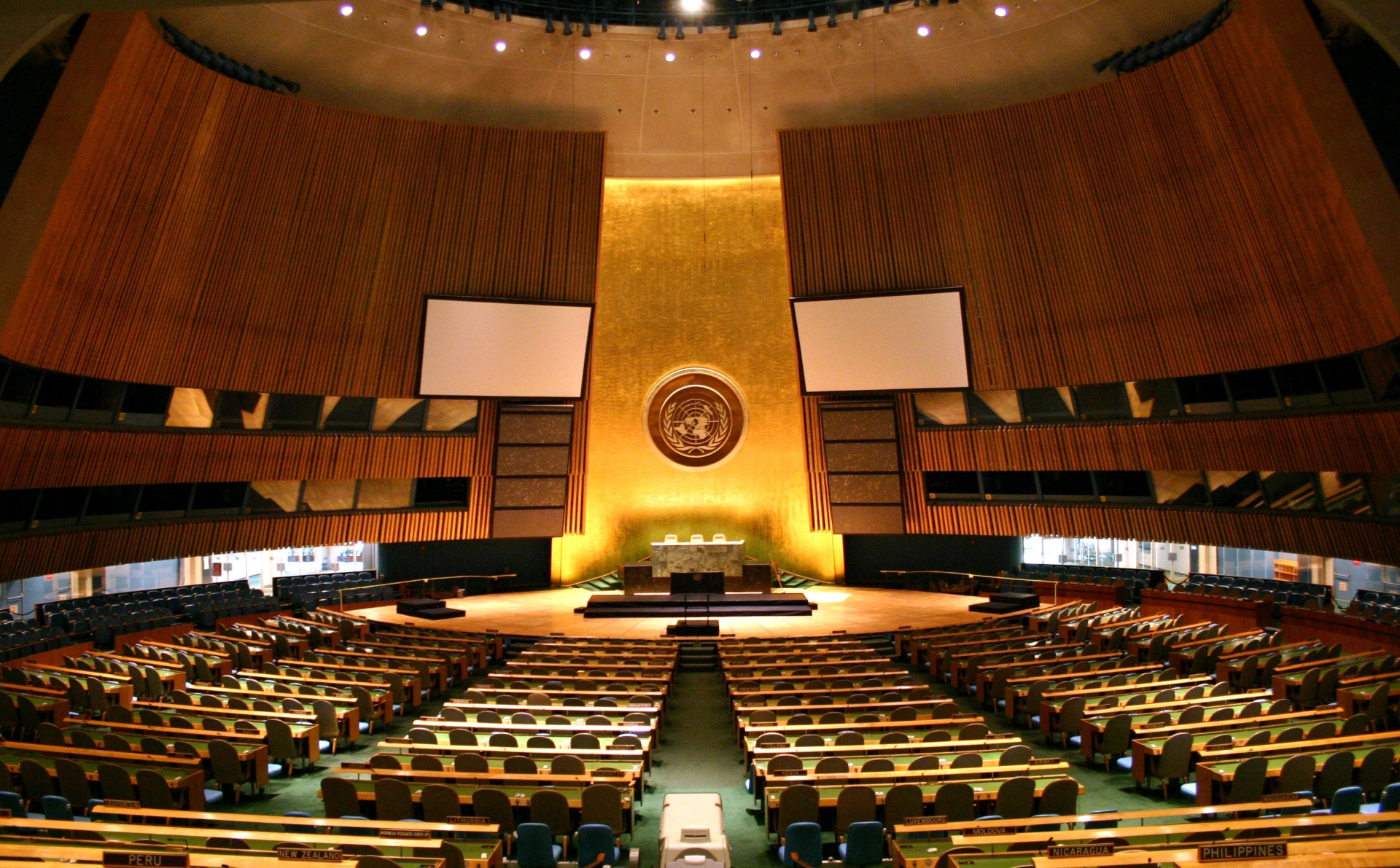Like this article? rabble is reader-supported journalism. Chip in to keep stories like these coming.
Five million is a staggering number. The sheer scope is so large that it is hard to visualize. Add the complexity of poverty and the number is suffocating. It emits a sense of urgency — a clear call to action that should be hard to ignore. Yet this is what happens when the conversation turns to poverty and human rights. It seems generally that people don’t clearly understand poverty in Canada, nor how their own human rights even fit into the picture.
Canada is currently presenting at the UN Committee on Economic, Social and Cultural Rights. As a signatory to the International Covenant on Economic Social and Cultural Rights, Canada is required to report on progress regarding the human right to health, an adequate standard of living, education, employment as well as others.
It is a rare chance to tell the world about social ills that plague the country like hunger, homelessness and poverty. It provides a moment where we can say publicly to international allies and human rights champions that our systems are broken. That Canada can, and should, act on the urgency that a crisis demands. Yet Canada often appears to be in a state of paralysis when it comes to economic and social rights.
We should all be concerned with this level of inaction. You see, it’s not just the five million people in poverty who are left without a way to access these rights, it’s all of us. We are all vulnerable. Food, housing, adequate income, clothing — basic needs are treated as policy options rather than imperative social goods that all people are entitled to. This leaves us subject to the will of government rather than being confident that our so-called social safety net will catch us if disaster strikes.
Civil and political rights, the sister of economic and social rights, seem to resonate more with people, we seem to understand these rights better, like the right to vote, or the right to freedom of expression. But social and economic rights we only hear in whispers even though they are the lifeblood of society — the rights that keep us living and breathing.
Let’s be clear — there is no hierarchy of rights. Human rights are not an “either/or”, not a “but” or “maybe.” They are inherent — part of who we are. Human rights are indivisible. And yet in government and law there is a clear ranking which relegates social rights to the backbench, subject to legislative decisions or the political ideology of the government of the day.
The UN Committee review offers an opening for civil society to ensure the voices of the most marginalized are heard. It is an essential part of the accountability process. Reading the reports presents a reality often ignored and brings them to life powerful memories for those currently experiencing poverty leaving advocates both invigorated and exhausted.
Although I’m an educated professional, I lived in poverty for over 30 years. In my mind I move through memories of the long, desperate struggle, the constant panic, the sustained tension and stress. I recall decisions I made for so many tight circumstances. I also recall the creativity, and the decision not to be defined by my poverty, not to have my circumstances define me.
The current government has committed to national poverty reduction strategy, which is promising. The UN Review will represent Canada’s first international test for this commitment. How the government fares depends on their willingness to acknowledge their human rights obligations and the depth of the poverty problem.
This year, in preparation for the celebration of the 50th year of the International Covenant on Economic and Social Rights, Canada can change its tune. The government can make the choice to forge a new path — one that places human rights and the needs of people at the centre. One that will indeed secure Canada’s place as a human rights leader once again.
Like this article? rabble is reader-supported journalism. Chip in to keep stories like these coming.
Image: Wikimedia Commons



